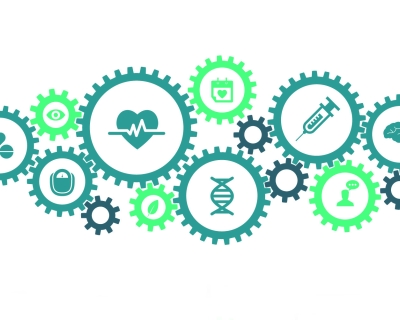
The Wendy Klag Center for Autism and Developmental Disabilities
Let's Find Answers

The Wendy Klag Center is a dedicated community of investigators and trainees with a common purpose of understanding and improving policy and care for autism and developmental disabilities.
Our three core pillars are research, training, and outreach. We aim to be a hub of public health research into autism and neurodevelopment within Johns Hopkins entities.
The Wendy Klag Center: Who we are and what we do
Explore the Center
New and Noteworthy
Call for faculty, postdoc and doctoral research proposals!
The Wendy Klag Center announces a call for research proposals from faculty, postdoctoral trainees, and doctoral students within the Bloomberg School or the WKC faculty affiliates. All proposals are due April 4, 2025. Faculty: Learn more at this link. Postdocs and doctoral students: Learn more at this link.
Wendy Klag Center 'Meet and Greet' 8/27
Connect with the Wendy Klag Center at our 'Meet and Greet' event from 9:30 to 10:30 am Tuesday August 27. Event is for Bloomberg School of Public Health and Kennedy Krieger community. Pastries, coffee and more will be served. Event is at the Johns Hopkins School of Public Health. RSVP here.
Pregnant or have a new baby?
Calling all Maryland moms-to-be. Join a study to help uncover early childhood experiences that affect brain development. Learn about the study and contact the Johns Hopkins site

Outside Influences
Uncovering environmental contributors to autism may also suggest ways to help autistic people live healthier lives.

CDC Report Shows Overall and Maryland Autism Rate Increase Among 8-Year-Olds
Researchers from Wendy Klag Center for Autism and Developmental Disabilities contribute to new CDC report.

Bloomberg School Researchers Awarded $11.7 Million Five-Year NIH Grant to Build and Lead Autism Center of Excellence Network
The Autism Center of Excellence will lead a global network of research projects studying the interplay of genetics and environmental factors. One aim is to identify modifiable factors to improve lives of people living with autism.
